Enter your email address to follow our blog with career advice from our recruiters, team member spotlights, and all the latest updates at KnowBe4!
By: KnowBe4 HR
Published: 10 Aug 2023
Last Updated: 31 Aug 2023
As an organization, KnowBe4 continuously looks for ways to care for the environment, so this year, we are thrilled to celebrate our 13th anniversary by donating to protect 13 endangered species and adopt 13 beehives.
We are helping protect one endangered species from each country where KnowBe4 has an office (11 countries in all), along with monarch butterflies, which can be found in many regions across the globe, and the Florida Panther, for our Headquarters in Florida. We are proud to partner with Endangered Species International (ESI) to protect 12 species, and with Friends of the Florida Panther Refuge to protect the Florida Panther.
Below is a list of all the species we are donating to protect. Descriptions of the first 12 species come from ESI, and the last description comes directly from the Friends of the Florida Panther Refuge website.
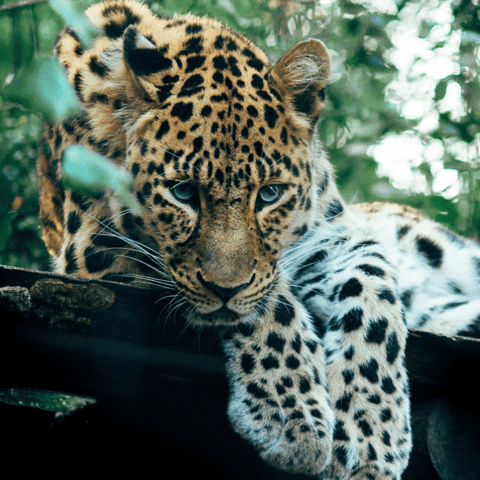
The western swamp tortoise was rediscovered in Western Australia 70 years ago. It has a restricted range and specialized habitat like ephemeral swamplands. The population is estimated to be around 200 individuals in the wild.
Hunting is one of the biggest threats to tapirs. Tapirs are among the preferred game species for subsistence and commercial hunters throughout the Amazon. ESI works side by side with local communities to stop the illegal hunting of the South American Tapir.
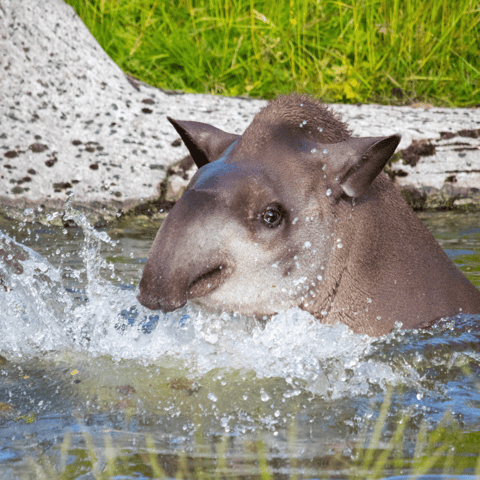
The Arabian leopard is classified as Critically Endangered. Its population is estimated to contain fewer than 200 individuals. Illegal hunting and persecution by local shepherds have probably been the main contributors to the demise of the leopard.
The Apollo butterfly is one of the rarest butterfly species in Europe. It mainly lives on stony terrain in mountain landscapes. Habitat loss is undoubtedly the most destructive threat to the Apollo's long-term survival.
The lion-tailed macaque is found in the rainforest, often using the upper canopy of tropical moist evergreen forests or monsoon forests. The main threats to this macaque are habitat fragmentation and illegal hunting.
The Ishikawa's Frog lives near streams in mountainous forests. This rare frog is threatened by habitat degradation and road killing.
The population of the Eurasian curlew, a migratory bird, has declined by around 40% since the early 1980s in the Netherlands. ESI ensures the protection of key sites for this species and helps to raise awareness for the species, particularly amongst farming communities.
Green sea turtles are an endangered species that have undergone an estimated 90 percent population decrease over the past half-century. Green sea turtles spend most of their lives in the ocean, where they can rest for up to five hours at a time before coming up for air.
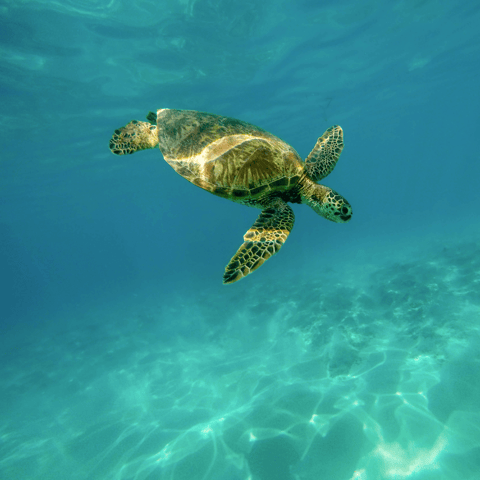
The African penguin populations have been reduced by approximately 90 percent since
the beginning of the 20th century. African penguins come ashore to a variety of coastal habitats to breed, molt, and rest. Overfishing and commercial fishing are important threats to the African penguin.
The pipistrelle’s main potential threat is the loss of roosting sites due to modern construction and insulation methods. A decline in insect numbers may limit the species’ food source and the clearance of trees and woods reduce habitat suitability.
Habitat destruction and fragmentation due to urban and intensive agricultural development are the primary threats to the species. ESI’s main conservation work includes protecting the salamander's wetland breeding habitat which yields tremendous environmental and economic benefits because wetlands perform water purification and flood control functions.
The disappearance of milkweed is a major reason for the monarch butterfly population decline. Milkweed, which is the only place monarchs will lay their eggs and the only food caterpillars will eat, is used to grow in and around agricultural crops. The systematic removal of milkweed from fields, as well as increased use of herbicides and mowing alongside roads and ditches, has significantly reduced the amount of milkweed available.
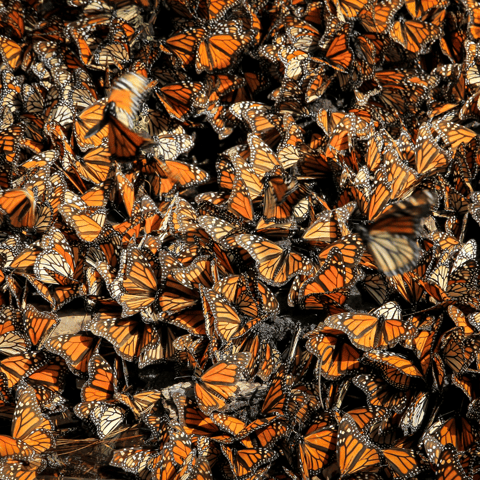
The Florida panther once roamed throughout the southeastern United States. Today, they are confined to only 5% of their historic range here in southwest Florida. The Florida Panther National Wildlife Refuge provides critical habitat for these ghost cats, but more needs to be done to restore their population.
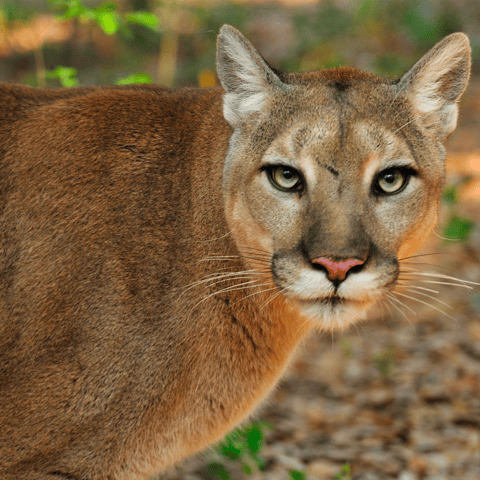
For the third year in a row, we are adopting beehives through the Pinellas Beekeepers Association (PBA) – this time 13 hives for our 13th anniversary. Each mature hive, or colony, will house approximately 20,000–35,000 honey bees. That means KnowBe4’s donation is ultimately adding up to 455,000 bees to the planet! Said another way, our bees will pollinate about 3.9 billion flowers a day.
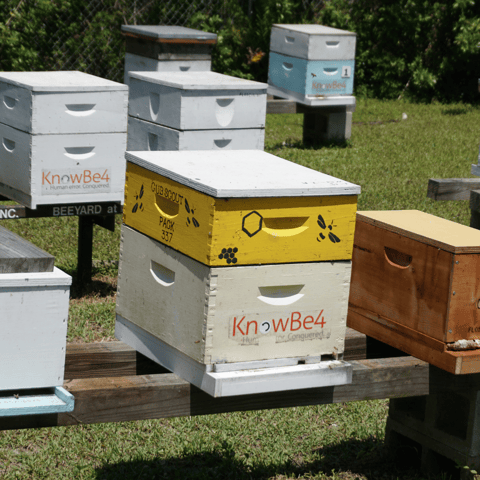
According to the Greenpeace website, honey bees—wild and domestic—perform about 80 percent of all pollination worldwide. A single bee colony can pollinate 300 million flowers each day. Grains are primarily pollinated by the wind, but fruits, nuts, and vegetables are pollinated by bees. Seventy out of the top 100 human food crops—which supply about 90 percent of the world’s nutrition—are pollinated by bees. Some of our staff got to visit our hives and meet with the President and Vice President of PBA. What an amazing experience!
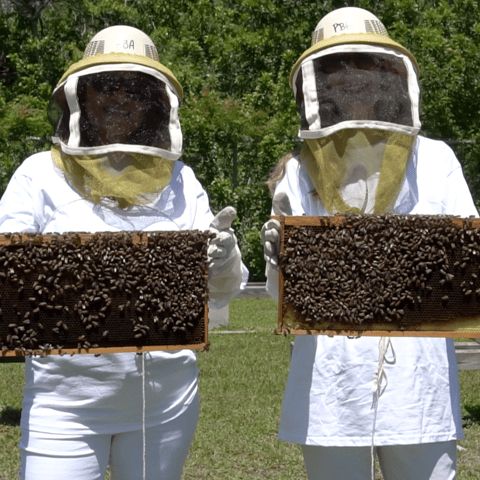
Between pesticides, loss of habitat, pollution, climate change, and parasites, bees can use all the help they can get. And the good news is, humans are able to provide that help. If you’re an individual interested in learning to keep bees, check out PBA (if you’re local), or find a beekeeper’s association in your area. If you are interested in sponsoring hives or making a donation, please contact the PBA (https://pinellasbeekeepers.buzz/corporate-sponsorships/) or look for a beekeeper’s association in your area.
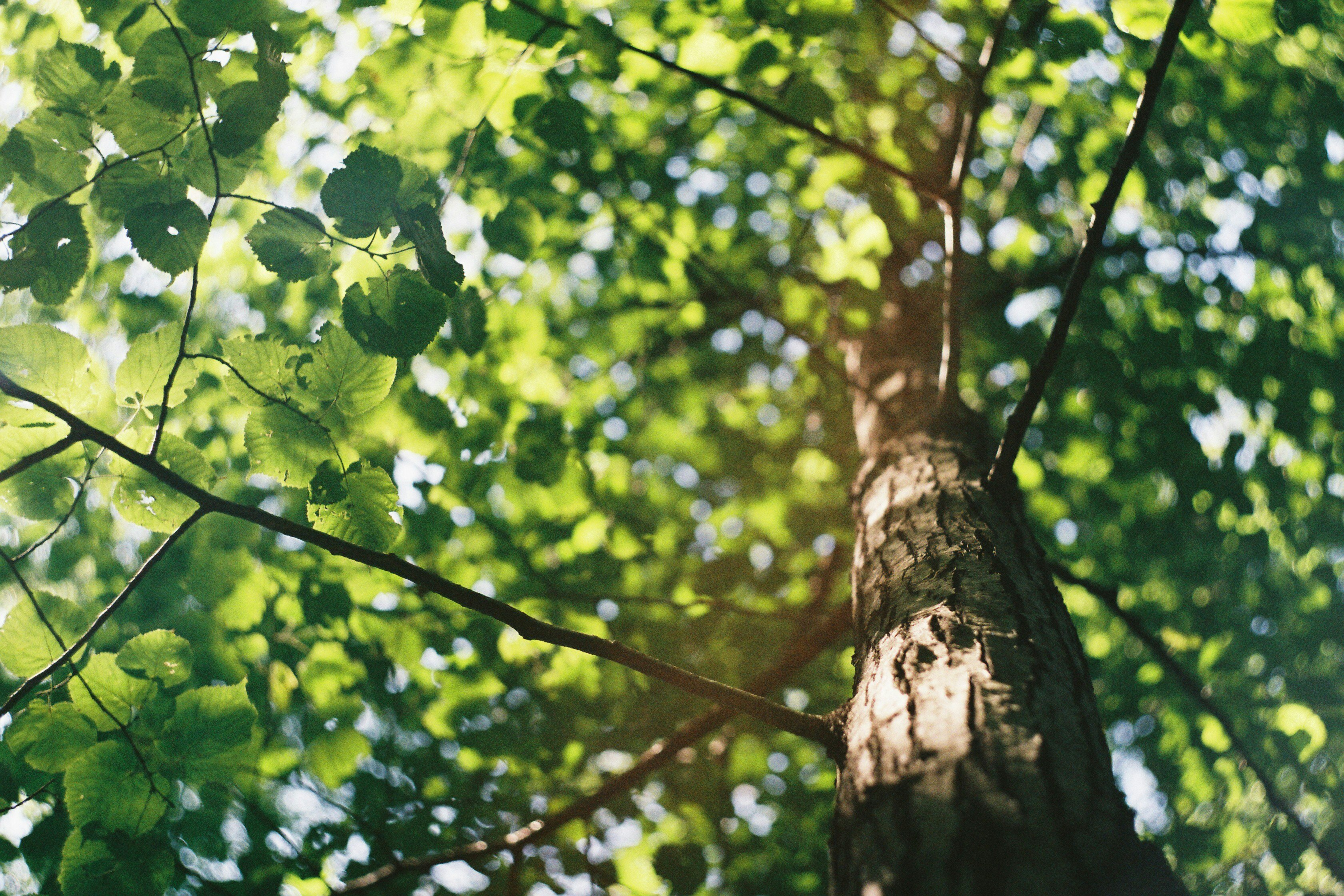
On August 10, 2024, KnowBe4 marked a significant milestone as we celebrated our 14th anniversary.…

As an organization, KnowBe4 continuously looks for ways to care for the environment, so this year,…
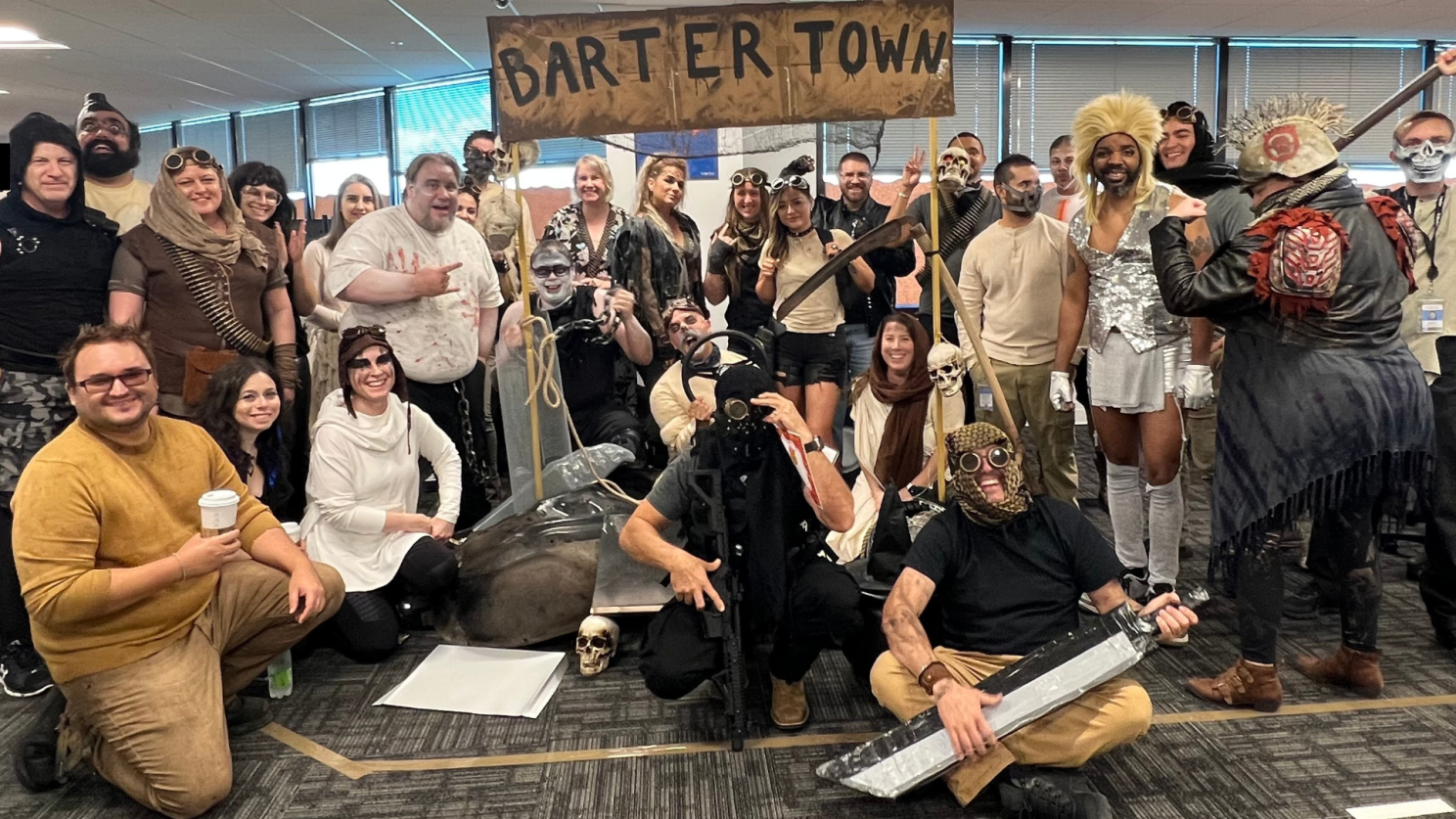
Halloween is one of the biggest holiday celebrations around KnowBe4, so of course, our sustainably…